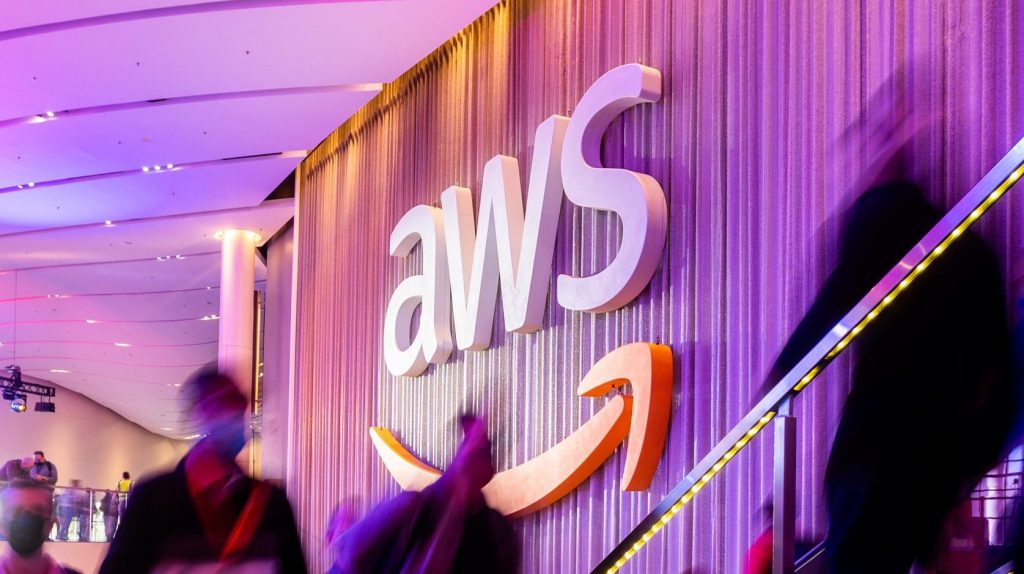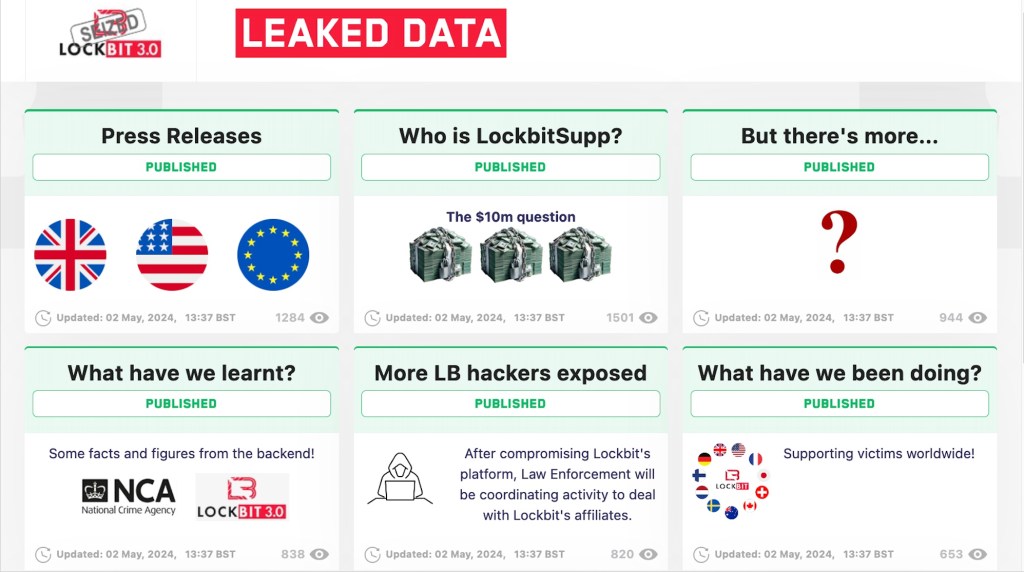Priyanka Srinivas
More posts from Priyanka Srinivas
When it rains, it pours. The dampened outlook for startup funding at the start of 2022 thanks to the pandemic’s lingering uncertainties has only worsened following a global market downturn and the war in Ukraine.
CB Insights forecasts a roughly 20% drop in total VC investments from Q1 to Q2, leaving ambitious young companies scrambling to fight for scraps.
This slump is a particularly unpleasant setback for entrepreneurs hoping to advance climate-focused principles and social change. It’s becoming increasingly difficult for green companies to raise money for large-scale innovative projects, mainly because most investors still associate “having an impact” with high risk.
More than ever, green startups now need to refine their strategies for raising VC money during the scaling stage, especially when they begin assessing their defining values vis-a-vis their finances. Whether it’s dedicated impact funds or value-based venture capital firms, funders tend to back companies that have demonstrated their ability to scale.
Here are five things green founders should remember when seeking VC funding at this moment.
When it becomes repeatable, you can scale it
Remember the point at which you raised your initial funding? You probably presented a minimum viable product and initial consumer research, and were backed for that.
But the investor climate has changed, and now your business must, too. The next phase isn’t about proving your concept or telling your inspiring founder story — it’s about growing your existing business, attracting new customers and customer segments, and entering new geographies.
All the while, you must show potential investors why they should commit their fiercely coveted money to your scaling efforts.
To scale, a startup needs to grow the most it can in the shortest amount of time with limited resources. But not every up-and-running startup is suitable or ready for scaling. Investors will want to see close evidence of your distribution channels, your product’s added value, and, most importantly, your technology.
The strongest sign of a company ready to scale is when it, very naturally, starts repeating what it has already achieved, only now with larger-impact outcomes.
If you’ve reached that stage, it means you have gained the knowledge and experience of how to do business. If your business activities have produced desired results and repeatable cycles — like developing a new product and distributing it through local markets — then you are ready to multiply.
Re-narrate your startup’s story
In addition to scalability, you will need to polish your presentation.
Before you pitch your company for a new round of funding, gather enough statistical evidence, interviews with advisory boards and stakeholders, media mentions and information to “reconstruct” your startup’s journey.
Looking back, what milestones can you identify? What were the key drivers of success? What transformed your business into what it is today?
This nostalgic look backward will help determine the arguments and product features that have driven your evolution. These are the details that attract investors.
Same but different: Value-based VCs vs. climate impact VCs
For a long time, experts have argued over how impact investors and value-based investors differ, and the lines are indeed blurring. That said, my experience has taught me that the type of investor makes a big difference.
Climate impact VC funds focus on mitigating and adapting to climate change. They often serve governments, organizations or philanthropists with substantial investment theses on the impact they’re looking to achieve.
When assessing startups, they use scientific metrics and official criteria for evaluating performance on sustainability goals, and they want to track, monitor and advise on your startup’s performance. They usually look for quantitative and qualitative data on greenhouse gas emissions, natural resource efficiency and biodiversity protection. Further, they will test you on how emissions reduction is central to your business strategy.
Value-oriented VCs also screen their portfolios based on specific criteria, but they don’t have an entire investment thesis based on climate change impact. Yes, they expect you to show your impact — including carbon emissions, social impact and the sustainability of your supply chain — but they focus first on business arguments.
Typical questions include:
- Given current trends, how does your company’s business model solve sustainability problems in its industry?
- To what extent is your solution unique, innovative and able to scale quickly and profitably?
- What effect will your scaling efforts have on energy savings, water savings, etc.?
When pitching to value-based VCs, remember that a biotech startup has different needs than a fintech startup. Likewise, a company developing batteries for electric cars has different aspects to consider than a company focused on plant-based food alternatives.
But unlike a climate change investor, your value-oriented VC investor may not be an expert on all of these new industries. They might just be looking for a disruptive technology with great market share. Therefore, you must provide detailed information and help them research your sustainability with scientific materials and contacts. Easing their work will benefit you.
Reduce the VC due diligence workload
Most VCs will follow your development for a few months as part of their due diligence. At this point, both sides may work with a knowledgeable lawyer to navigate the negotiations. You will go through the typical sharing of board meetings, investor connections, intellectual property agreements, commercial contracts and the like.
As a green startup, you should also prepare for third-party sustainability audits. These audits will validate your sustainability claims during the process, such as carbon emissions, pollution monitoring and legal compliance. As a result, they involve a thorough analysis of all of your data. From product samples to policy papers and customer reviews, investors want to see it all. And why wouldn’t they? After all, they’re making sure you know your stuff.
My advice: Don’t worry if your investors identify risks because of changing regulations or missing certifications. The joint review during due diligence should set up an engagement plan that addresses any upcoming issues with regulators, and prepares all certificates and documents to present. In fact, identifying risks with your investor early can help you both to capitalize on key opportunities, such as tech expansion and patent development.
Due diligence is not about checking off boxes or completing time-consuming paperwork. Instead, this interaction is about creating long-lasting value for you, the portfolio company.
Identify your non-negotiables
Remember that due diligence is a two-way street. Use these months to get to know the core values of your potential investors.
Typically, you’ll also be negotiating your valuation. Check with a lawyer about potential dilution for follow-on rounds and simulate hypothetical scenarios. This will help you understand how much control — or how little — you have going forward.
Your due diligence should also involve tough questions and deciding how much dilution you can accept or how much decision-making power investors want. Consider: How do your investors respond? Are your negotiations objective and fair? Your gut feeling will help you sense what your future relationship with your investors might look like.
But don’t stop there. Contact a good 30% of the investors’ portfolio companies and research online and in-person to find out if they participate actively, hold back or are somewhere in the middle.
This is very important, because money is one thing, but if it’s not aligned with the value or vision of your green startup, there’s a high likelihood of (costly) conflict in the future. There are many ways to raise funding, but as an impact entrepreneur, you need people who believe in what you’re doing and support your impact with a financial vision.
Purpose is the motor; profitability is the fuel
My advice is to make your entire interaction and story about why your principles are the gateway to your profits.
In the current investment climate — given that incorrect stereotypes persist about impact companies being “risky” — green startups need to give 200%. Financial metrics are the first 100%, and impact metrics are the other half. This thinking will allow you to have the most significant impact on your vision and become a highly valued company in the future.



































Comment